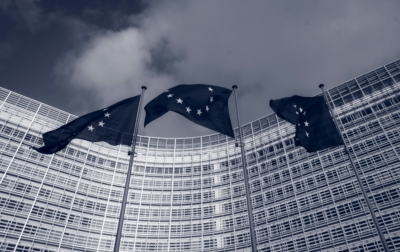The first rule of law report published today by the European Commission echoes Transparency International EU’s concerns over ineffective rule of law and anticorruption measures in place in many EU Member States, and underpins calls for a robust rule of law conditionality mechanism in the upcoming MFF.
“We welcome the publication of this new rule of law assessment, but the real proof of its efficacy will be in how it is used by both the EU institutions and the Member States.” said Nick Aiossa, Deputy Director at Transparency International EU. “The report shows that no member state is free from deficiencies concerning the rule of law, and we hope that this report will be a useful addition to the EU’s toolbox.”
Unsurprisingly, the report centres in on Hungary and Poland in parts, citing the degradation of an independent judiciary and the lack of media freedom as issues. Both countries are in ongoing Article 7 procedures, that have so far proved ineffective, underlining the need for new and more robust measures. The Hungary-specific country report also highlights the continued impunity for government officials involved in corruption scandals.
Concerning the Czech Republic, the European Commission also highlights the issue that high-level corruption cases are not ‘systematically pursued’. In September 2018, Transparency International Czech Republic sent a complaint to the European Commission on PM Andrej Babiš’ conflict of interests involving EU funds. Following this they were subject to attacks in the media by the Prime Minister.
The report also highlights Malta, and describes criminal investigations against high-level officials being in their early stages and reiterates concerns around media freedom. Top politicians and their associates have acted with impunity since the brutal assassination of Daphne Caruana Galizia in October 2017, with civil society calling for justice since then. The country is also an EU hotspot for money-laundering, the sale of golden passports and tax avoidance.
“The findings published in these reports have only reinforced the need for the EU to employ further tools to address rule of law deficiencies in the Member States. It is therefore essential that a strong instrument for the conditionality of EU funds directly linked to rule of law is adopted in the current MFF negotiations. It must effective and be subject to a procedure that prevents it from being politicised and hijacked by rogue Member States. The German Presidency should not bow to pressure from illiberal governments and uphold the founding values of the Union.”






